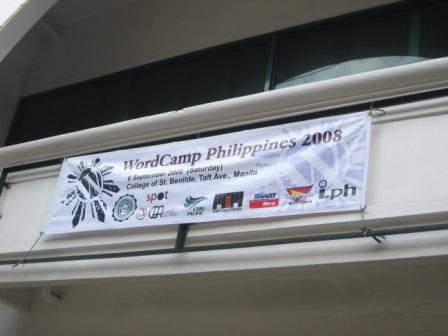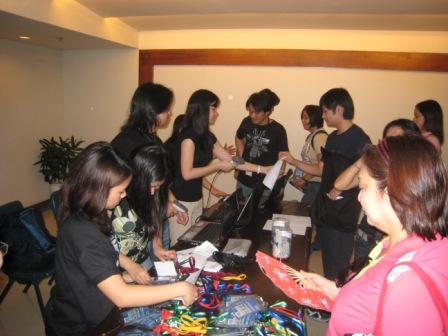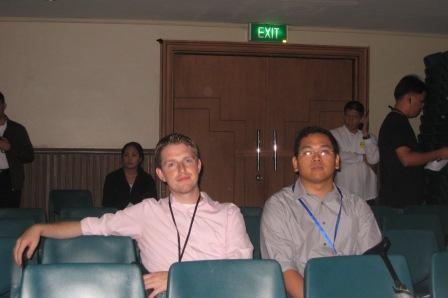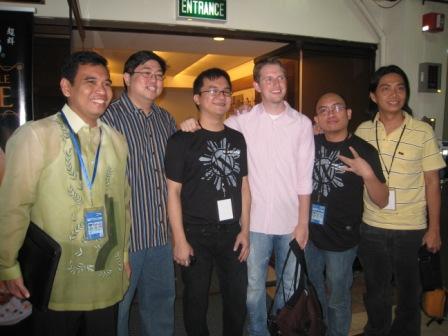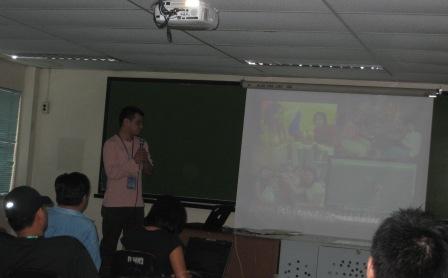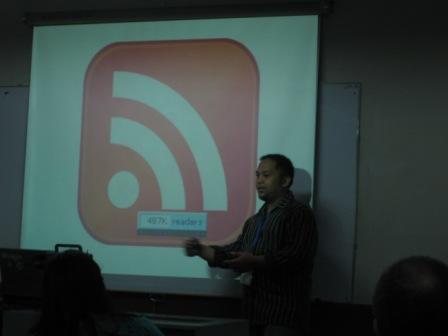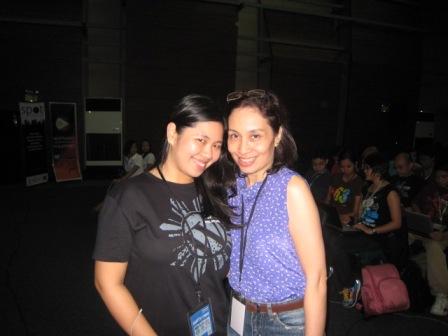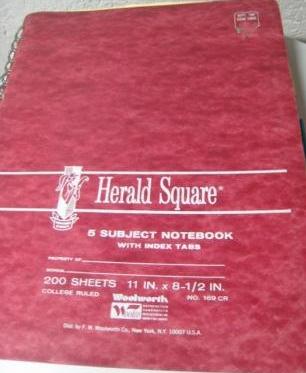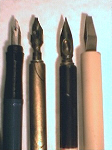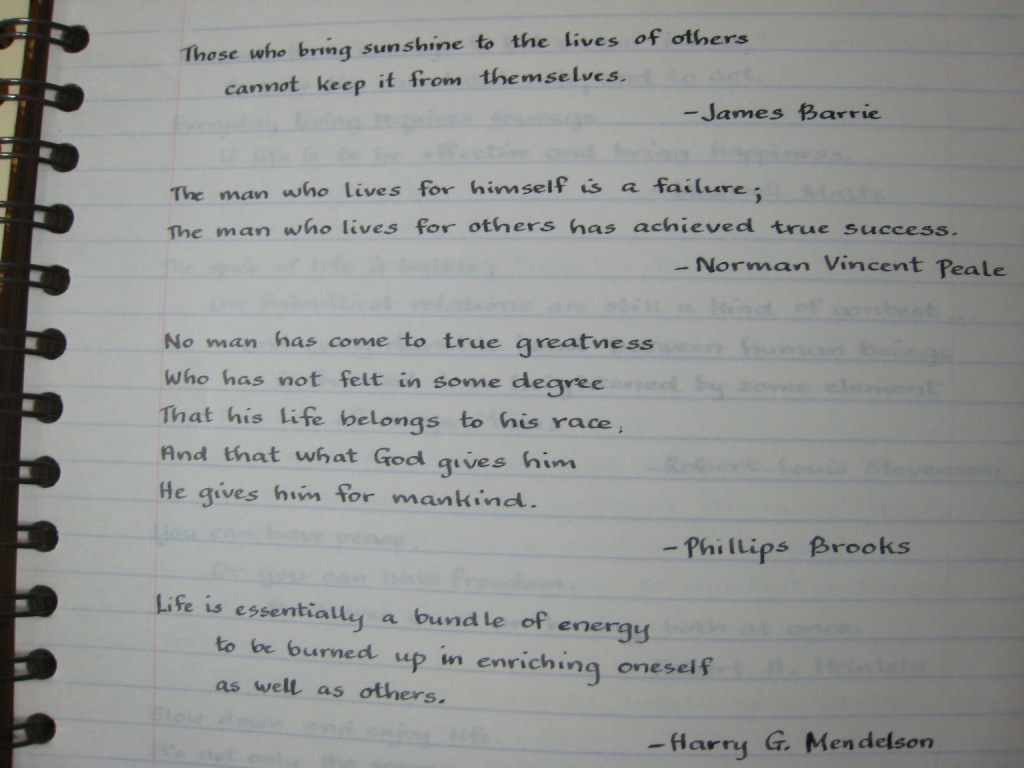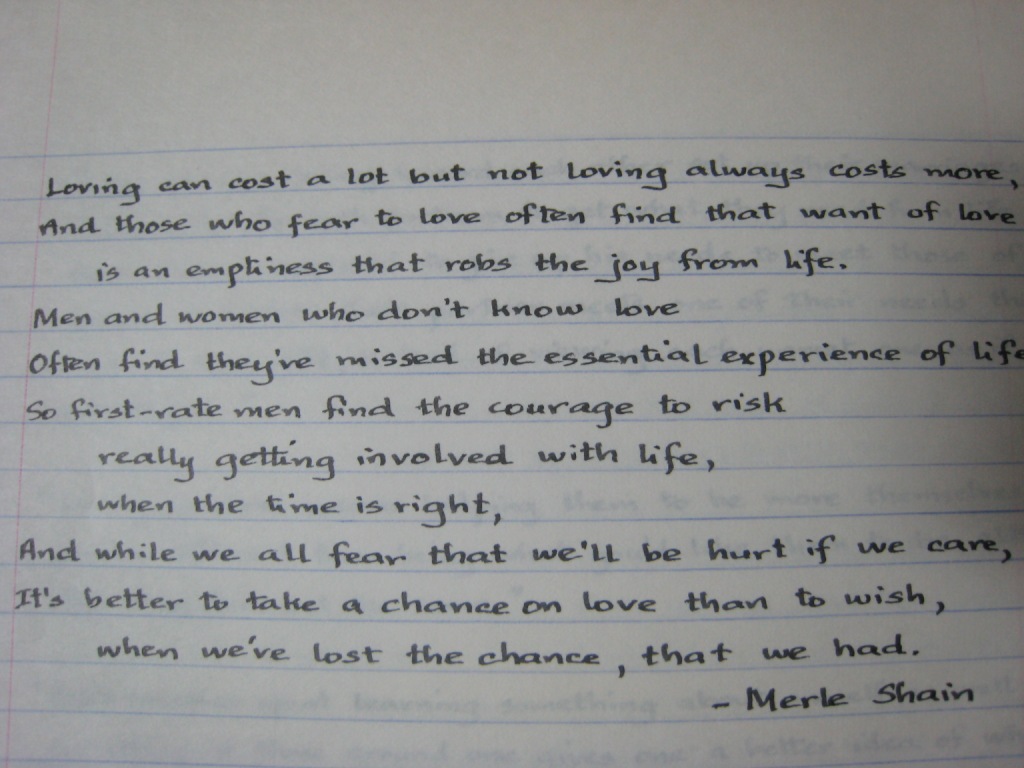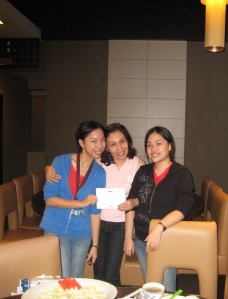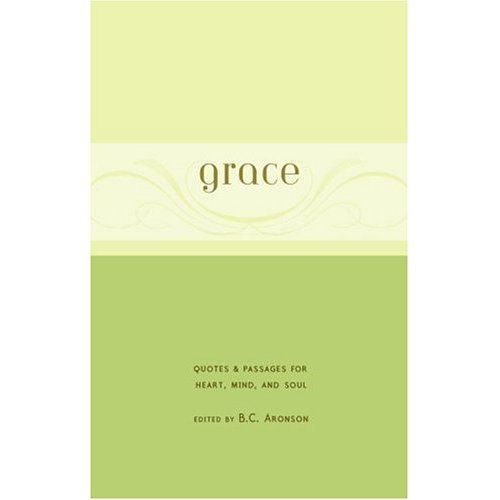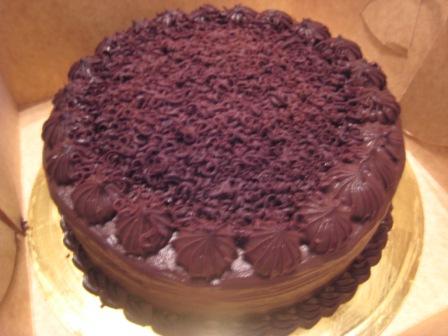
Tomorrow, September 14, is officially the Chinese Mid-Autumn Festival (also known as the August Moon or Ghost Month). This period changes from year to year and does not fall into the August western calendar.
These past weeks, mooncakes (locally referred to as hopia) had been selling all over Chinese stores again. While the daily fare hopia is available year round, these special mooncakes come in all kinds of variety (with nuts, one egg, 2 eggs, watermelon seeds, fruits and newer variants).
The origin of the mooncake is quite interesting. In Wikipedia, its history is given as follows:
Mooncakes were used as a medium by the Ming revolutionaries in their espionage effort to secretly distribute letters in order to overthrow the Mongolian rulers of China in the Yuan dynasty. The idea is said to be conceived by Zhu Yuanzhang and his advisor Liu Bowen, who circulated a rumor that a deadly plague was spreading and the only way to prevent it was to eat the special mooncakes. This prompted the quick distribution of the mooncakes, which were used to hide a secret message coordinating the Han Chinese revolt on the 15th day of the eighth lunar month.
Another method of hiding the message was printed in the surface of mooncakes as a simple puzzle or mosaic. In order to read the encrypted message, each of the 4 mooncakes packaged together must be cut into 4 parts each. The 16 pieces of mooncake, must then be pieced together in such a fashion that the secret messages can be read. The pieces of mooncake are then eaten to destroy the message.
Year after year during this time, we buy boxes and boxes of mooncakes and give them out to the kids’ teachers, family members and friends. Even my officemates get to taste these. It is a tradition we happily celebrate. It has become so popular that once, when I gave a couple of boxes of buco pie to a Jesuit priest in one of the kids’ schools, he happily exclaimed that he finally had something DIFFERENT from the mounds of mooncakes he received.
The kids really look forward to these mooncake dice games. Six (6) dice are thrown into a deep bowl and depending on the number combination, you win mooncakes (hopia) starting from the small ones (about 1 inch in diameter) to the humongous grand prize of a hopia which is about 8 inches in diameter.
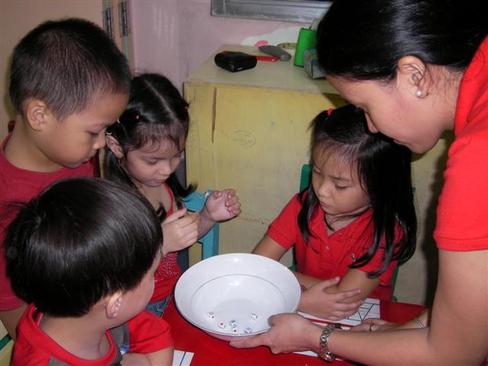
Not all Chinese observe this game as this is a tradition common to Xiamen in Southern Fujian Province. In fact, C1’s friends from Guangzhou (Guangdong Province) do not know about this! Most Pinoys of Chinese heritage come from Xiamen though, the reason for its popularity over here.
Since the kids’ schools used to hold these games in their classrooms, we thought of doing the same at home. Every year, we would invite different Pinoy friends over to introduce them to the tradition and we would have a whole night of clean fun, laughter and what have you.
For the first 3 years, we would just buy the mooncakes (actually large hopias) from the Chinese store. Later, we decided to change and spice up the game a bit by giving away practical items instead. One year, it was school supplies. Another year, kitchen items. Another year, home items. Once, we had everyone bring white elephant items as prizes.
Circumstances this year may not allow us to host this game. Schedules and concerns about my father-in-law’s health condition may make this a more somber time. But there will be other occasions to do so. And I hope that the kids, when they grow up, will remember this annual tradition and make it a special time in their own families.


